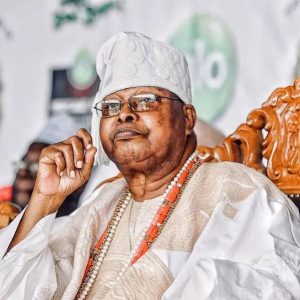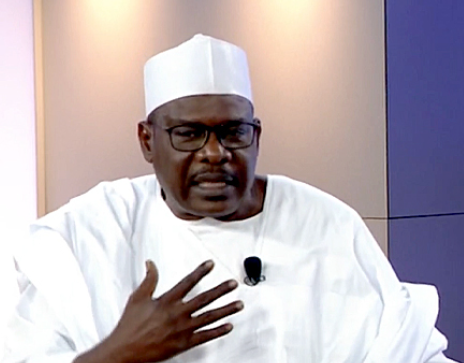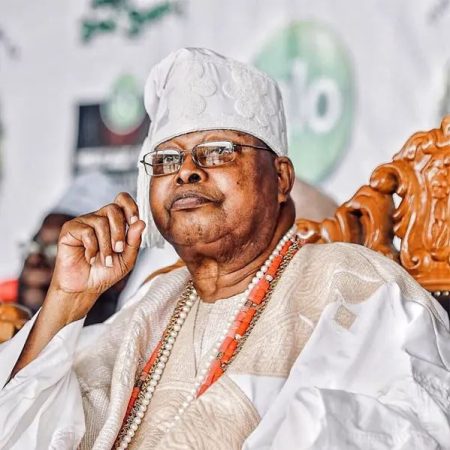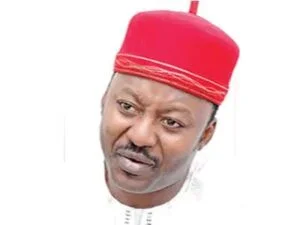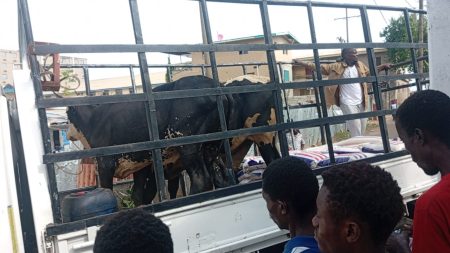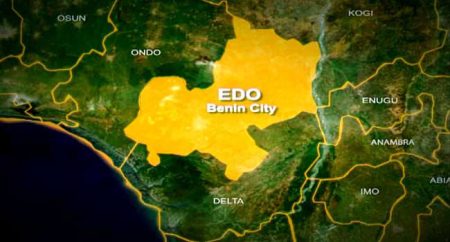Senator Ali Ndume, a prominent figure in Nigerian politics and a former Senate Chief Whip, has leveled serious accusations against President Bola Tinubu’s inner circle, alleging that they are misleading the president, damaging his image, and exacerbating the hardships faced by ordinary Nigerians. Ndume paints a picture of a presidency detached from reality, surrounded by individuals driven by self-interest and incompetence, rather than a genuine commitment to public service. He argues that this “kidnapping” of the presidency has created a dangerous disconnect between the government and the governed, fueling public discontent and potentially jeopardizing the administration’s effectiveness.
At the heart of Ndume’s critique is the assertion that Tinubu’s aides are not providing him with accurate information about the state of the nation. Instead, they are telling him “what he wants to hear,” effectively shielding him from the harsh realities faced by Nigerians. This, Ndume argues, is not only misleading the president but also actively harming his image. As public frustration mounts over economic hardship and perceived government inaction, the blame is increasingly falling on Tinubu himself. Ndume suggests that this is a direct consequence of the misinformation and distorted perspectives being fed to the president by those closest to him.
Further compounding the problem, according to Ndume, is the composition of Tinubu’s inner circle. He uses strong language to describe them, labeling them “kleptocrats” and “kakistocrats.” He defines “kleptocrats” as individuals motivated solely by personal gain, exploiting their positions of power for self-enrichment rather than serving the public good. “Kakistocrats,” on the other hand, are those who are simply unfit for the positions they hold, lacking the necessary skills, experience, or ethical compass to effectively govern. Ndume contends that these two groups dominate Tinubu’s administration, creating a toxic environment where sound policymaking and effective governance are impossible.
This alleged dominance of self-serving and incompetent individuals, Ndume argues, has created a dangerous disconnect between the presidency and the realities on the ground. He points out that Tinubu, insulated within the presidential villa and often transported in tinted vehicles, is physically and metaphorically distanced from the struggles of ordinary Nigerians. While Tinubu acknowledges the existence of hardship and calls for patience, Ndume suggests that this rings hollow to citizens who are experiencing the brunt of the economic crisis firsthand. He emphasizes the importance of direct engagement with the public and a genuine understanding of their concerns, something he believes is currently lacking within the Tinubu administration.
Ndume’s proposed solution to this crisis of disconnection is for Tinubu to actively seek out and prioritize the voices of those with closer ties to the grassroots. He specifically mentions lawmakers and other officials who regularly interact with the public and understand the challenges they face. He contrasts this with the current situation, where Tinubu is allegedly relying on a detached and self-serving inner circle for information and advice. Ndume warns that this reliance on a distorted perspective could further exacerbate the existing problems and deepen the divide between the government and the people.
In essence, Senator Ndume’s accusations paint a troubling picture of a presidency besieged by self-interest, incompetence, and a profound detachment from the realities faced by ordinary Nigerians. He argues that this situation is not only damaging to Tinubu’s image but also undermining the government’s ability to effectively address the pressing challenges facing the nation. His call for Tinubu to prioritize the voices of those connected to the grassroots serves as a stark warning about the potential consequences of continuing down this path of isolation and misinformation. While Ndume refrains from naming specific individuals, his pointed critique of the president’s inner circle raises serious questions about the direction of the Tinubu administration and its ability to deliver on its promises to the Nigerian people.


